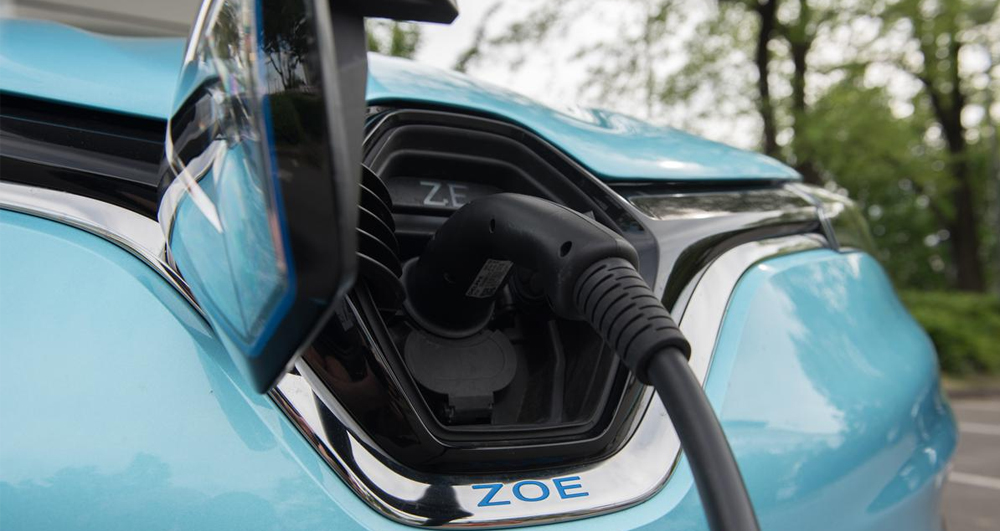The ushering in of new rules surrounding the operation of electric vehicle (EV) charge points has come into effect as of the 1st of July, with the government keen to see more significant numbers of EV charging infrastructure installed across the UK.
The changes will affect how and when EV charge points are feeding power into the battery of EVs to help the grid better cope with the demands of an increasing number of high-energy usage domestic electric appliances, including electric cars.
So what are the new rules, and what do EV drivers need to know about them?
“Smart” Behaviour to Become the Default Setting on EV Charge Points from July Onwards
This July, the new rules that come into force stipulate that you must install EV charge points with pre-configured “smart” behaviour. In practical terms, this means chargers will automatically switch off or reduce their output in response to fluctuations in grid demand.
Drivers won’t be able to charge their vehicles during peak energy usage times by default, and the stipulations apply to all EV charges sold for private use, including both workplace chargers and residential charge points.
All charge points installed from this point forward must also have a data connection as part of the new rules, and they must be able to measure, record and transmit usage, both in minutes and as units of energy. This data connection will allow the charge point to evaluate grid demand and speed up or slow down charging based on that information.
The new rules that come into force this month are part of the Electric Vehicles (Smart Charge Points) Regulations 2021. The government has said the new regulations are necessary to help balance energy demand as electric vehicles become an increasingly common sight on UK roads.
What Does This Mean for Electric Vehicle Drivers?
The new rules will mean that, by default, electric vehicle drivers will no longer be able to charge their vehicles during peak energy usage. This includes the period between 4 pm and 8 pm on weekdays when usage is typically at its highest. Instead, drivers will predominately be limited to charging between 10 pm and 8 am, typically when the least amount of energy is taken from the grid.
In order to circumvent this restriction, drivers will need to change the factory settings on their charge points, so if you’re about to have an EV charge point installed, you can, in theory, still charge your vehicle during peak hours of demand. Charge point installers will now have to provide drivers with an app or another suitable user interface that will enable them to do this.
However, since energy is most expensive during peak demand periods, and with most households now on a variable tariff due to the energy price rises over the last 12 months, it’s likely that very few people will want to charge their vehicles during these times.
Speak to Applegarth Electrical Today REgarding Your EV Charge Point Installation
If you want to benefit from a “smart” EV charge point that can automatically detect the cheapest times to charge your vehicle, get in touch with our team today. We can provide a comprehensive EV charge point installation service that will help you to make the most of the new rules.
As an OLEV-approved charge point installer, we can also provide you with support for any grant applications you might need to make, and we can provide advice on the best type of charge point for your needs.
Call us today on 0151 649 8350, or email us at info@applegarth.co.uk to find out more.







